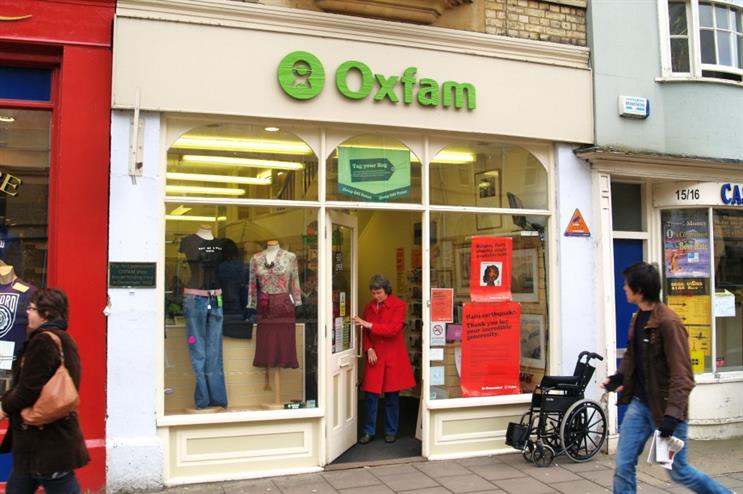It began with an exposé in The Times, which declared in 72pt that "Top Oxfam staff paid Haiti survivors for sex" and ran a picture of one of the men at the centre of the scandal, Roland Van Hauwermeiren, who was the then-head of operations in Haiti.
Revelations of the 2011 scandal led to further damning headlines, including ‘Oxfam is the Harvey Weinstein of aid’. In the wake, thousands of people have cancelled regular donations and celebrity supporters including Desmond Tutu and Minnie Driver have cut ties. Governments in the UK, the EU and internationally have revealed they are reviewing their grants, which comprise the charity’s largest funding source by some margin.
So far Oxfam’s crisis communications strategy has been textbook: acknowledgement of wrongdoing and a reminder of the steps the charity has taken previously to deal with the issue; senior resignations; ads apologising to the public and these messages echoed on Oxfam’s social media channels; and a contrite appearance by senior staff in front of MPs. Oxfam has pledged to learn lessons from the scandal and put in place procedures to ensure it is never repeated.
But I hope that, at the same time as getting its house in order and continuing with its open public relations strategy, Oxfam is also making the most of one-to-one communications in dealing with this crisis.
With some 7,000 donors cancelling their Direct Debits at the time of writing, Oxfam must utilise CRM to communicate with those who have not taken action, as well as its army of volunteers, and persuade them to continue with their support.
As well as enabling it to continue its work, CRM can be a vital part of Oxfam’s brand rebuilding strategy. This approach can be harnessed to communicate what is being done to support the victims in these scandals and in terms of the introduction of new governance and vetting procedures.
Crucially, Oxfam must use the data and decision-making tools available to make these messages truly relevant, personal and timely. It has to show individuals how their individual contributions have made a difference, while simultaneously dropping its sometimes hectoring tone and supressing the standard ‘win back’ communications programme for those who have recently defected. These people are quite rightly angry and shocked. Their decision should be respected until Oxfam has a new story to tell.
And CRM should be used to remind and reassure wavering supporters of the good work Oxfam still does around the world and, crucially, of who will suffer if support is withdrawn.
Again, tone of voice and call to actions will need to be appropriate here. It’s vital that ‘good work’ nudges are not then swiftly followed with a plea for more cash. The only request asked of people should be one of forgiveness and to consider giving Oxfam a second chance of putting things right.
It’s not going to be easy – as Oxfam deals with the Haiti story there are likely further revelations. We’re yet to see how the fallout impacts on its network of charity shops, staffed in the main by volunteers, and the Charity Commission is just beginning an investigation.
But if Oxfam believes its work is worth fighting for, the charity must convey this to supporters and continue to bring aid to people who are desperate for help.
Chris Pearce is the chief executive of TMW Unlimited


